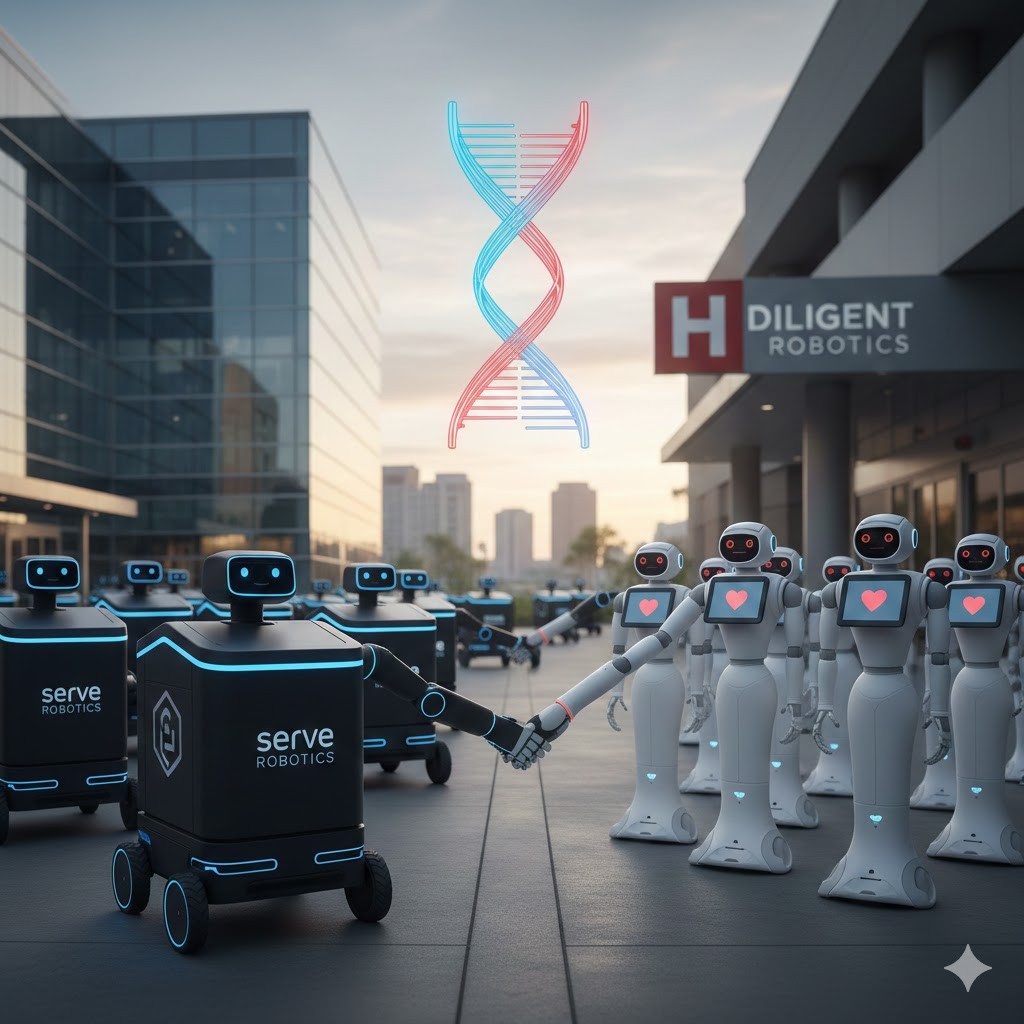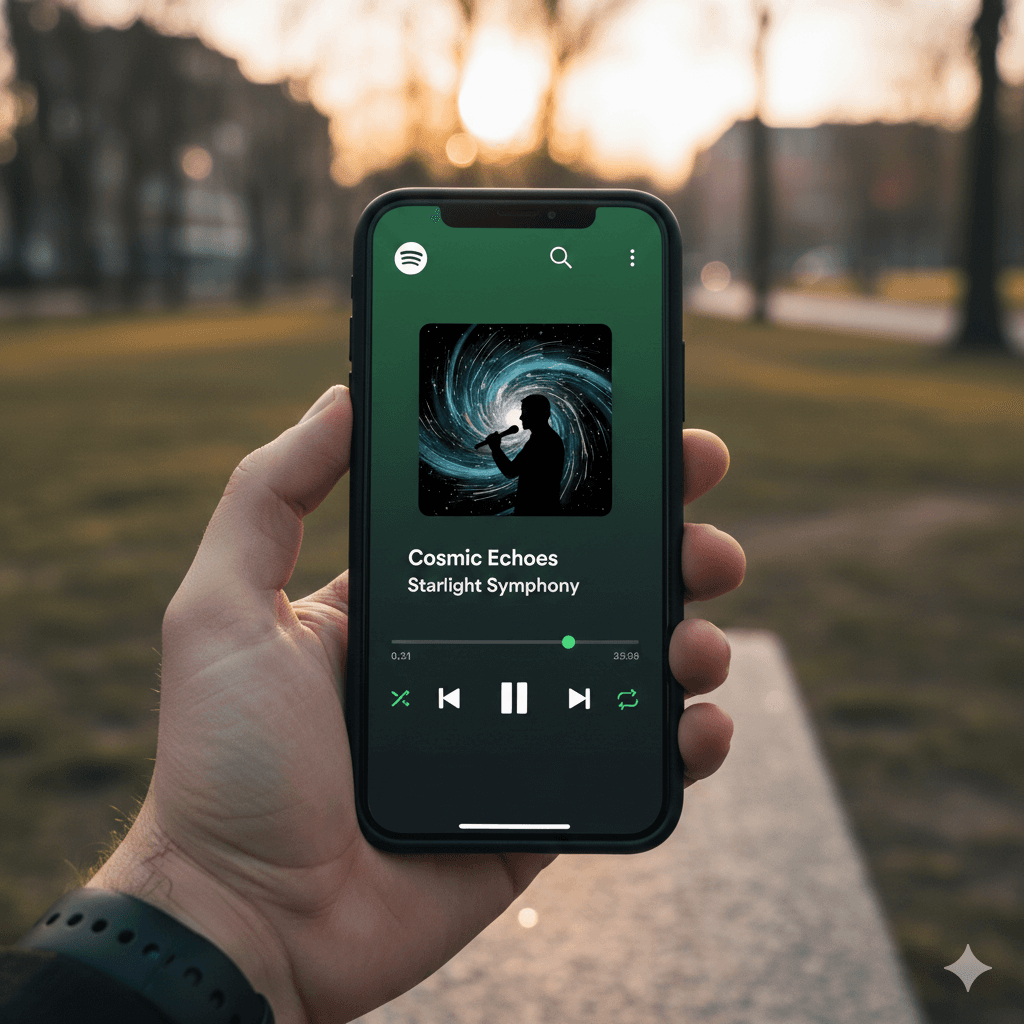Songdo: The World’s Pioneering Smart City in South Korea
In the heart of South Korea’s Incheon Free Economic Zone lies Songdo International Business District, a city unlike any other. Rising from reclaimed land along the Yellow Sea, Songdo is the world’s first purpose-built smart city, a living experiment in integrating cutting-edge technology, sustainable urban planning, and modern architectural design into a seamless urban ecosystem. It is not just a place where people live and work—it is a model for the cities of tomorrow.
A City Built from the Ground Up
Unlike cities that grow organically over centuries, Songdo was planned in meticulous detail before the first brick was laid. Construction began in 2003 on 600 hectares of land reclaimed from the sea. The goal was ambitious: to create a city that would attract global businesses, accommodate a growing urban population, and showcase South Korea’s leadership in technology-driven development.
By the time the first residents moved in, Songdo already had wide boulevards, skyscrapers, parks, and advanced infrastructure ready for use. This “build it first” approach ensured that the city’s layout could be optimized for efficiency, sustainability, and high quality of life without the compromises that come from retrofitting existing infrastructure.
Technology at the Core
Songdo’s defining feature is its deep integration of technology into everyday life. Every building is connected to a centralized data system that monitors energy use, water consumption, and waste management. Traffic sensors, smart streetlights, and real-time surveillance contribute to both safety and efficiency.
Perhaps the most striking innovation is the pneumatic waste disposal system. Instead of garbage trucks, waste is sucked through underground tubes from homes and offices to a central processing facility, where it is automatically sorted, recycled, or incinerated for energy recovery. The result: clean streets, reduced labor, and lower carbon emissions.
High-speed broadband and citywide Wi-Fi ensure that residents and businesses are always connected. From climate control systems that adapt to weather patterns to remote healthcare monitoring, Songdo’s infrastructure is designed to respond in real time to the needs of its people.
Green Spaces and Urban Balance
Despite its tech-heavy image, Songdo is far from a concrete jungle. Nearly 40% of the city’s area is dedicated to green spaces, including Central Park—a sprawling waterfront park inspired by its namesake in New York City.
The park is not just a place for relaxation; it’s also part of the city’s environmental strategy. Landscaped waterways, native vegetation, and carefully planned tree cover help reduce heat islands, improve air quality, and manage stormwater. Residents can kayak along the park’s man-made canals, cycle through shaded paths, or simply enjoy quiet spaces in the middle of an ultra-modern city.
Sustainability by Design
Songdo was built with LEED-certified buildings, energy-efficient public transport, and a focus on reducing car dependency. Pedestrian-friendly layouts, bike-sharing systems, and a well-connected bus network encourage walking and cycling. Electric vehicle charging stations are common, and car-sharing programs further reduce the need for private car ownership.
Energy systems are equally forward-thinking. Many buildings feature smart meters and automated lighting to minimize wastage, and the city has been experimenting with renewable energy sources, including solar and wind, to supplement its power supply.
A Global Business Hub
Beyond its residential appeal, Songdo was designed as an international business district aimed at attracting multinational corporations. Its location—just 15 minutes from Incheon International Airport—makes it a strategic gateway to East Asia. The city offers tax incentives, streamlined administrative processes, and modern conference facilities to attract global enterprises.
Institutions like the Green Climate Fund and international universities have set up offices and campuses here, contributing to Songdo’s status as a hub for sustainability research, global finance, and technological innovation.
Challenges of a Perfectly Planned City
While Songdo is an impressive achievement, it hasn’t been without challenges. Some critics argue that it feels overly engineered, lacking the cultural vibrancy of organically grown cities. The initial years saw slow population growth, with businesses and residents hesitant to commit to a brand-new city.
However, as more people move in and the city’s ecosystem matures, Songdo is gradually developing a stronger community identity. Cafes, art spaces, and cultural events are adding warmth and spontaneity to its otherwise meticulously organized environment.
Lessons for the Future of Urban Development
Songdo offers valuable insights for city planners worldwide. It demonstrates the possibilities of integrating technology from the outset, creating a city that’s both sustainable and efficient. It shows that urban living can be environmentally responsible without sacrificing comfort or convenience.
Yet it also highlights the importance of fostering social and cultural life alongside technological advancement. A truly livable city is more than just efficient—it must also be engaging, diverse, and human-centered.
The Road Ahead
As global cities face growing populations, climate change, and resource constraints, Songdo stands as a test case for the smart, green city of the future. Its success could inspire similar developments worldwide, while its challenges offer cautionary lessons.
Walking through Songdo today feels like stepping into a future where city life is clean, efficient, and seamlessly connected. The question is not whether other cities will follow its example, but how soon they will adapt its best ideas to their own unique contexts.
NEVER MISS A THING!
Subscribe and get freshly baked articles. Join the community!
Join the newsletter to receive the latest updates in your inbox.






